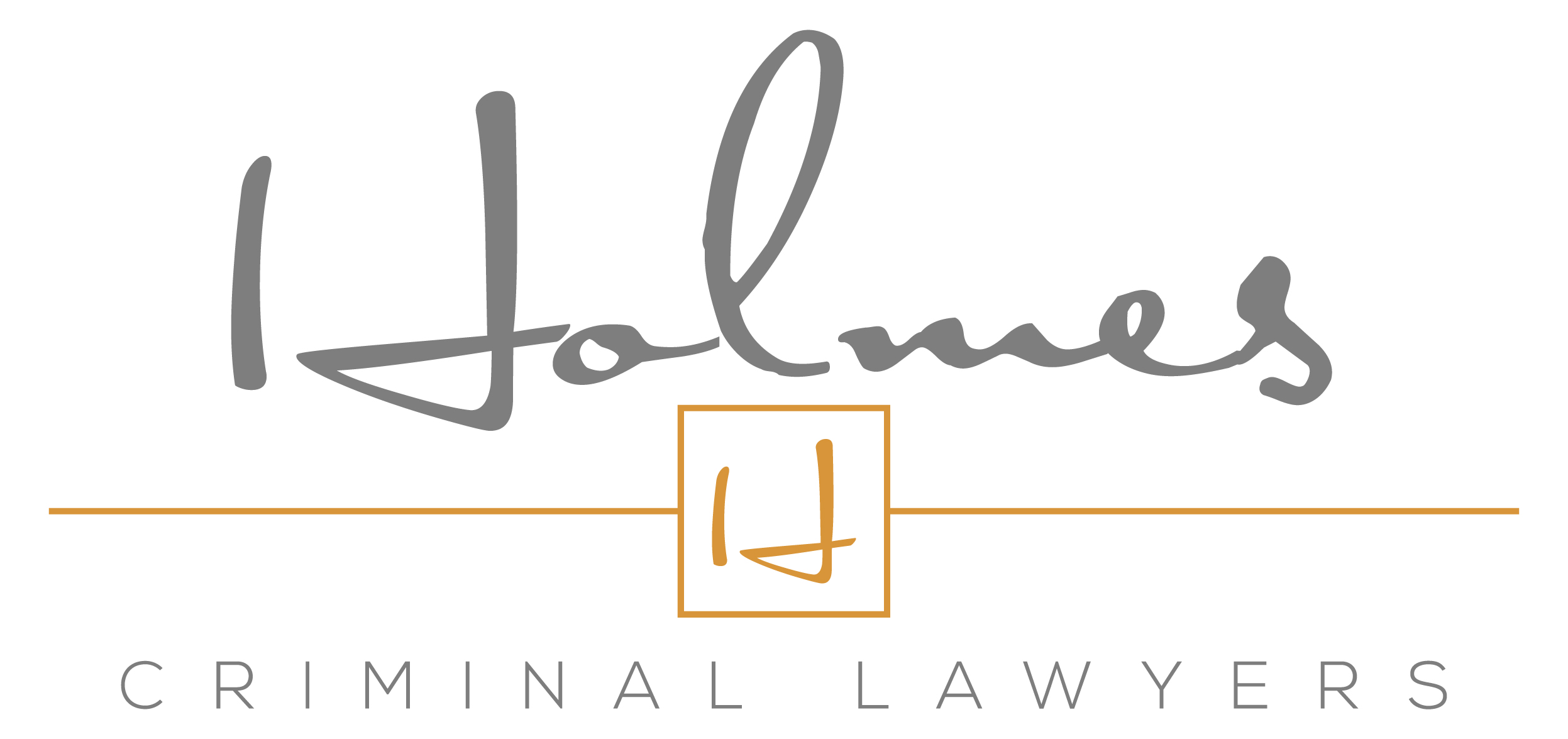Criminal Law (Unlawful Consorting and Prohibited Insignia) Act
This Legislation is accurately described as having three purposes:
- Prevent the display of insignia that in any way shows a connection to an outlaw motorcycle gang or more accurately described as an organisation described in Schedule two of the Act;
- Prevent persons that are served a disposal notice from associating with each other in public for at least seven days; and
- Prevent persons who are served with a anti-consorting notice from associating with any person nominated in that order for the period of three years.
The Legislation was enacted to:
• make consorting unlawful between certain offenders; and
• provide for the identification of organisations for the purposes of
this Act; and
• prohibit the display in public places of insignia of identified
organisations; and
• provide for the issue of dispersal notices to members of identified
organisations and make any consorting contrary to those notices
unlawful; and
• provide for police powers relating to unlawful consorting and
insignia of identified organisations; and
• make consequential and other amendments to the Community
Protection (Offender Reporting) Act 2004 and The Criminal Code
Unlawful Consorting Notice
If the police seek to make a person the subject of an unlawful consorting notice, the person must:
- Have reached the age of 18 years; and
- Has consorted or is consorting with another relevant offender or the officer suspects on reasonable grounds is likely consorted with another relevant offender; and
- The officer considers that it is appropriate to issue the notice in order to disrupt or restrict the capacity of relevant offenders to engage in conduct constituting an indictable offence.
It is important to note that a person can only be the subject of an anti-consorting notice if they are for the purposes of the act are relevant offender which means they have to have a conviction recorded against their name for an indictable offence, a child sex offence, an indictable offence under a law of the Commonwealth or be declared a drug trafficker. In addition, a person cannot be nominated on an anti-consorting notice if they are for the purposes of the act, not a relevant offender. For example, a person that has no criminal record cannot be the subject of a anti-consorting notice and cannot be nominated to be excluded from another person who is served and anti-consorting notice.
Dispersal Notice
A police officer may issue a written notice called a dispersal notice in respect to a restricted person if:
- The person has reached the age of 18 years; and
- The police officer recently suspects that the person is a member of an identified organisation and
- Has consorted or is consorting in a public place with another person who has reached the age of 18 years and is a member of an identified organisation.
There are some key issues to be considered here, a member of an identified organisation is;
- A person is a person who has been accepted as a member of the organisation, whether informally or through a process set by the organisation; or
- Who identifies in any way as belonging to the organisation; or
- Whose conduct in relation to the organisation would lead another person to consider the person to be a member of the organisation.
Consorting is defined as:
- To seek, or accept, the company of the other
person; or - To be in the company of the other person; or
- To communicate directly or indirectly with the
other person by any means (including by post,
facsimile, telephone, email or any other form of
electronic communication);
The issue here is that a person who has no criminal record but is a member of a organisation set out in schedule two of the act, can be served with a dispersal notice.
This piece of legislation is designed to prevent members of a outlaw motorcycle gangs from congregating in public, i.e. going on a club ride even though no club insignia is being displayed..
There is also a provision in the Act that allows for a police officer to detain a person that is the subject of a dispersal notice for up to 2 hours for the issuance of the dispersal notice.
However, these dispersal notices only prevent a person who is subject to one and the people nominated in the dispersal notice from associating or consorting in public. It does not prevent a person that has been served an order, going to a private place and continuing to associate with the people who are the subject of nomination under the dispersal notice.
Defences
The Act also provides for numerous defences, contact Holmes Criminal Lawyers to discuss your options.
Contact Paul Holmes 0487 585 454 to discuss.
Find the legislation here Criminal Law (Unlawful Consorting and Prohibited Insignia) Act 2021
